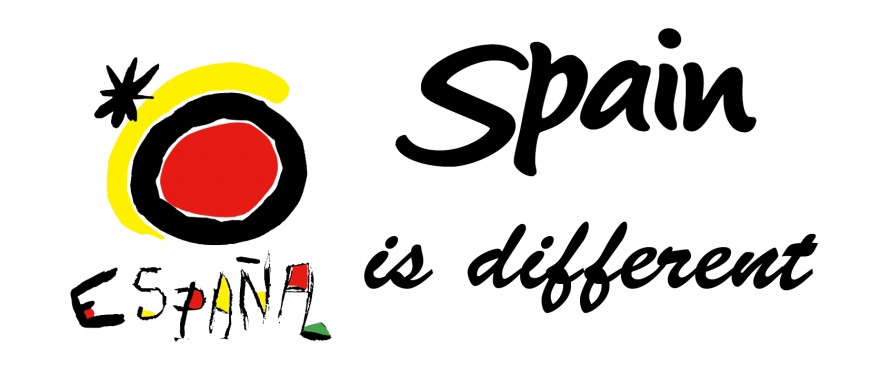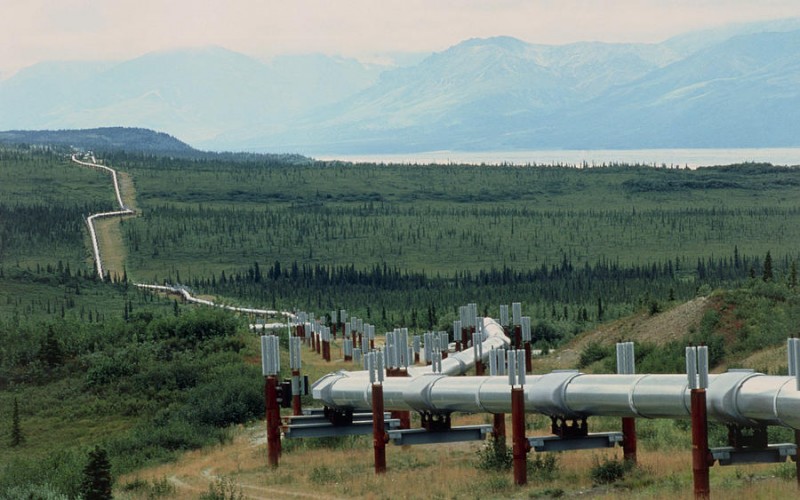
It has been more than a decade since warring parties signed a deal to end Liberia’s bloody conflict. Fueled by the pillaging of the country’s rich natural resources — diamonds, gold, iron, and timber — the two civil wars that raged across 14 years left more than 250,000 people dead and displaced more than 1 million others. When the final peace deal was signed in 2003, however, the resources that had sustained the war for so long were not mentioned at all. The oversight, though common, has often proved disastrous for countries trying to break free from years of violence.


